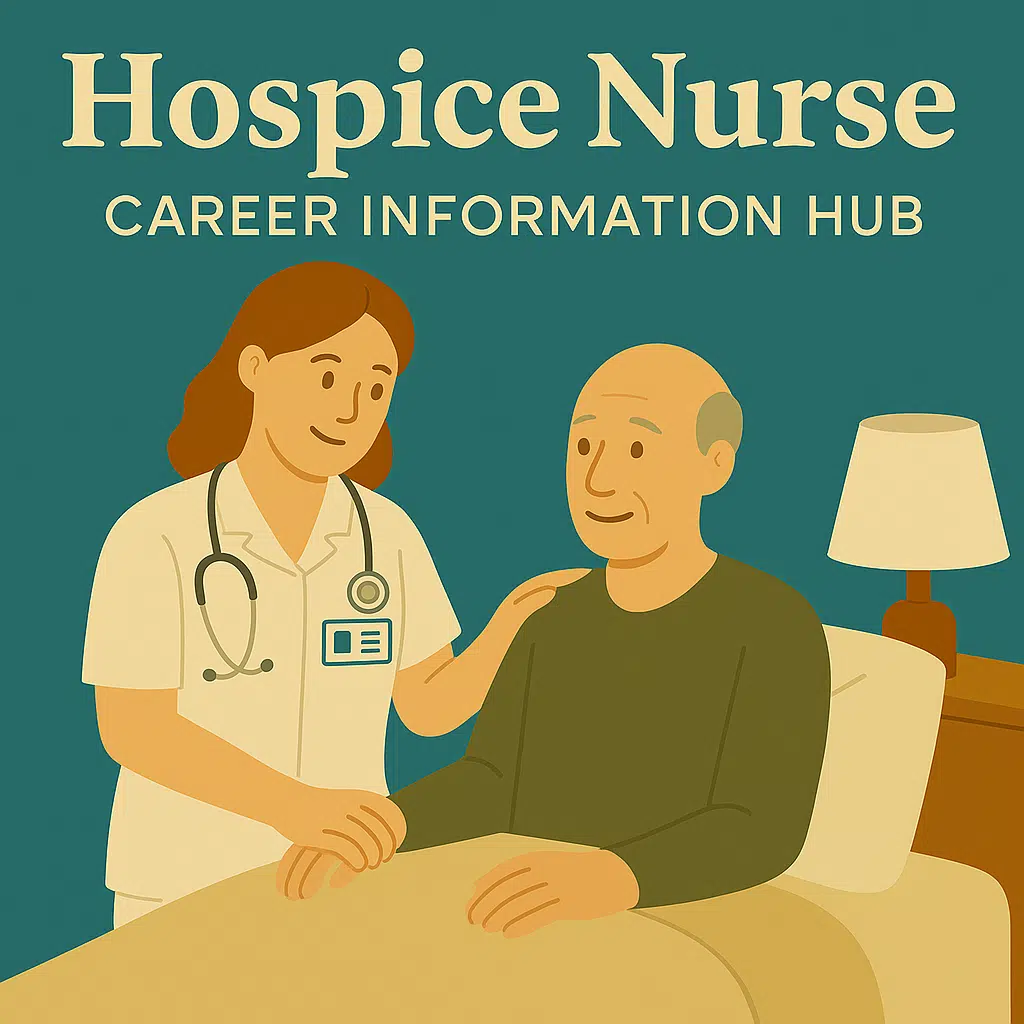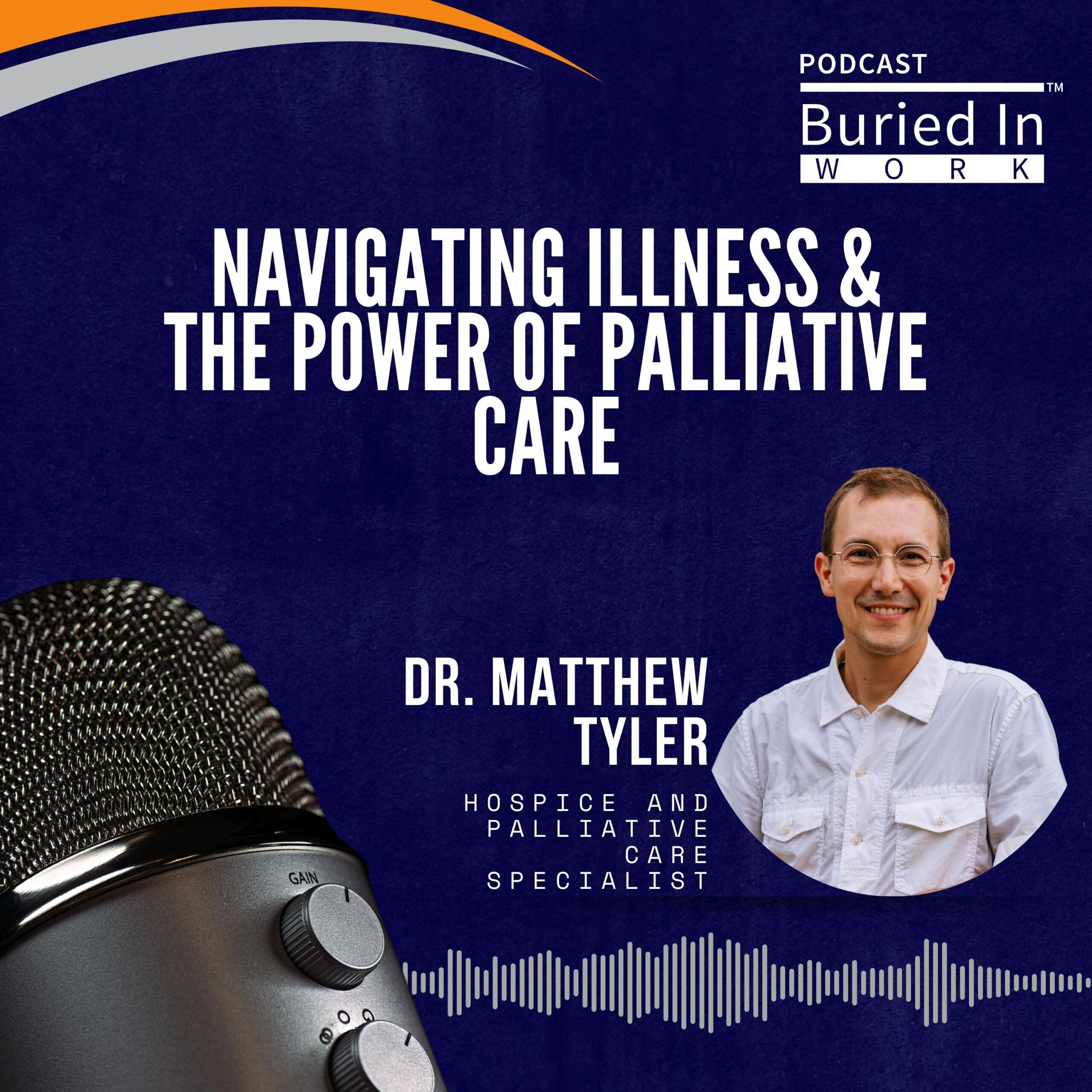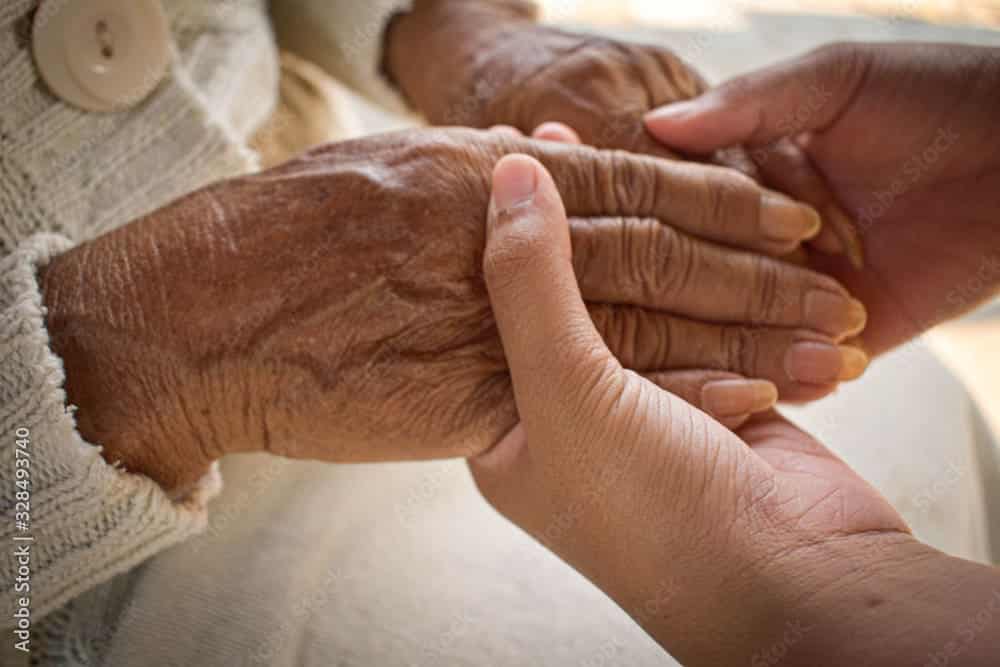Pain relief, presence, and peaceful goodbyes
The Hospice Nurse Careers Information Hub
Hospice nurses provide medical care and emotional support to patients in the final stages of life. Their focus is on comfort, not cure. Whether managing pain, offering guidance to families, or simply being present during difficult moments, hospice nurses play a vital role in helping people live their last days with dignity. It’s a deeply meaningful career that blends clinical skill with compassion and presence.

Key Things To Know
Hospice nursing is about comfort, presence, and guiding patients through their final stage of life with dignity.
-
Focus is on comfort, not cure: Hospice nurses manage pain and symptoms to improve quality of life.
-
Patients must have a terminal diagnosis: Hospice is designed for individuals with a life expectancy of six months or less.
-
You’ll work in varied settings: Care is provided in homes, hospice centers, nursing homes, and hospitals.
-
RN vs LPN roles differ: Registered Nurses (RNs) typically manage care plans, administer medications, and coordinate with the hospice team. Licensed Practical Nurses (LPNs) provide more direct bedside care under RN supervision.
-
Emotional resilience is essential: Patients are dying, families are grieving, and your presence brings calm and clarity.
-
Home visits are common: Many hospice nurses travel frequently, visiting patients where they live.
-
You’ll be part of a larger care team: Nurses collaborate with social workers, aides, chaplains, and physicians.
-
Family support is part of the job: Helping loved ones understand the process is just as important as medical care.
-
It’s about living, not just dying: Hospice focuses on helping patients make the most of their remaining time.
Why Choose This Career?
Hospice nursing is a calling for those who believe in presence, dignity, and care when it matters most. You won’t be chasing codes or racing through hospital shifts. Instead, you’ll have time to connect, listen, and ease someone’s final days. It’s emotionally intense, but deeply rewarding. If you want a role that combines clinical skill with human connection, this career offers meaning that few others can match.
Job Responsibilities
Hospice nurses do more than provide medical care. They serve as caregivers, coordinators, educators, and compassionate companions during one of life’s most vulnerable times.
-
Manage pain and symptoms: Adjust medications and care plans to ensure comfort and quality of life.
-
Coordinate with the care team: Communicate with doctors, aides, social workers, and chaplains to deliver consistent support.
-
Visit patients at home or facilities: Provide direct care in settings that are familiar and meaningful to the patient.
-
Support family members: Educate and reassure loved ones about what to expect and how to help.
-
Monitor changes in condition: Watch for shifts in symptoms and report them to the care team.
-
Document care activities: Keep accurate records of visits, medications, and patient status.
-
Educate about the dying process: Help families and patients understand what’s happening in compassionate, clear terms.
-
Provide emotional presence: Be a calm and steady presence, even when words aren’t enough.
Education and Certification Requirements
Hospice nurses need both clinical training and emotional readiness. Requirements vary by role and setting, but here’s what most positions expect.
-
Licensed Practical Nurse (LPN): Complete a state-approved practical nursing program and pass the NCLEX-PN exam.
-
Registered Nurse (RN): Earn an associate or bachelor’s degree in nursing (ADN or BSN) and pass the NCLEX-RN exam.
-
Experience in palliative or hospice care is a plus: Many roles prefer prior experience with terminal illness or chronic disease management.
-
Certified Hospice and Palliative Nurse (CHPN): Optional but respected certification through the Hospice and Palliative Nurses Association (HPNA), typically available after at least 500 hours of hospice/palliative nursing experience.
-
State licensure required: You must be licensed in the state where you practice.
-
Ongoing education is encouraged: Many hospice nurses complete continuing education in grief support, pain management, or end-of-life communication.
How To Get Started
If you feel called to hospice nursing, there’s a clear path to begin your journey. It starts with clinical training and grows through hands-on experience.
-
Choose your nursing path: Decide whether to pursue a Licensed Practical Nurse (LPN) or Registered Nurse (RN) route.
-
Complete a nursing program: Enroll in an accredited LPN, ADN, or BSN program depending on your goals.
-
Pass the NCLEX exam: This national licensing exam is required to practice as a nurse.
-
Gain bedside nursing experience: Many hospice employers look for prior experience in medical-surgical, oncology, or geriatric nursing.
-
Apply to hospice roles: Start with per diem or home care positions to build comfort and familiarity.
-
Consider hospice certification: After 500 hours in the field, you may be eligible for the Certified Hospice and Palliative Nurse (CHPN) credential.
-
Keep learning: Look for CEUs in pain management, end-of-life communication, or grief support.
-
Talk to someone in the field: Shadow a hospice nurse or volunteer with a hospice organization to better understand the work.
Common Myths
-
Myth: Hospice is just “giving up.”
Truth: Hospice focuses on comfort and quality of life when curative treatment is no longer effective or wanted. -
Myth: It’s too depressing to handle.
Truth: While emotional, many hospice nurses describe their work as deeply meaningful and even uplifting. -
Myth: Hospice nurses just watch people die.
Truth: Hospice nurses actively manage pain, provide emotional support, and help patients live as fully as possible. -
Myth: It’s only for elderly patients.
Truth: Hospice serves people of all ages, including children and young adults with terminal illnesses. -
Myth: Families don’t need nurses in hospice.
Truth: Families often rely heavily on hospice nurses for guidance, comfort, and crisis support. -
Myth: You can’t use strong medications.
Truth: Pain management is central to hospice, and nurses are trained to use medications responsibly and effectively. -
Myth: All hospice care happens at home.
Truth: Hospice can take place in hospitals, nursing homes, or dedicated hospice facilities too. -
Myth: You’ll burn out quickly.
Truth: Burnout is real in any care field, but hospice nurses often cite strong team support and purpose as protective factors.
What Makes Someone A Good Fit
Hospice nursing isn’t for everyone. Though, for the right person, it’s deeply meaningful work. You may be a good fit if:
-
You’re calm in a crisis: Patients and families look to you for steadiness during emotional moments.
-
You listen more than you talk: Hospice care often means being present, not fixing.
-
You’re clinically confident: Managing pain, adjusting meds, and recognizing subtle changes is key.
-
You’re not afraid of death: You understand that dying is a natural part of life.
-
You value quality over quantity: You’re focused on how patients feel, not how long they live.
-
You’re comfortable working independently: Many hospice roles involve home visits and field work.
-
You believe in team care: You know that spiritual, emotional, and medical needs are all connected.
-
You want your work to matter: You’re driven by purpose and human connection, not just tasks.
Resources That Mention Hospice Care
Frequently Asked Questions
Curious about what it’s really like to be a hospice nurse? Here are answers to some of the most common questions people ask.
Disclaimer: The information provided on this website and by Buried in Work is for general informational purposes only and should not be considered legal advice. Please consult with a qualified attorney or subject matter expert for advice specific to your situation.




